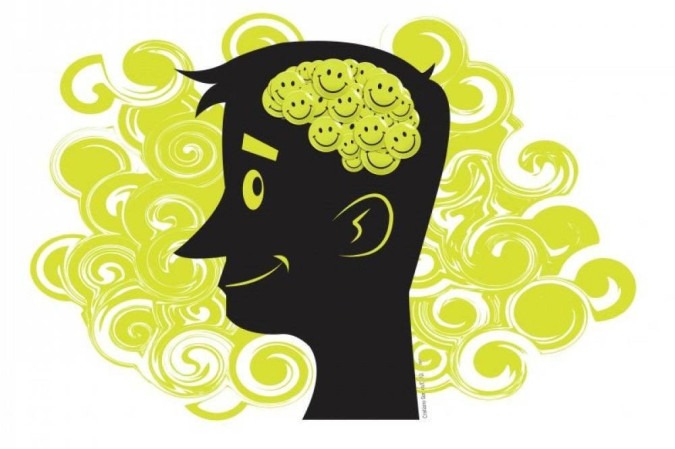Posted on 4/20/2023 6:17 PM / Updated on 4/20/2023 6:21 PM
(Credit: Cristiano Gomes/CB/DA Press)
The more high-calorie foods we eat, the more changes occur in brain connections. This makes us happier to repeat the dose. Foods with high levels of carbohydrates and fats have a great ability to stimulate the centers of the brain related to pleasure and the feeling of reward, which promotes the release of neurotransmitters such as dopamine, serotonin and endorphins. We know that activation of these brain reward centers is closely related to feelings of well-being, and it has been shown that even a simple contact of a carbohydrate solution in the mouth, without ingesting it, can activate this brain system.
The explanation for this phenomenon is that our brain has been programmed since ancient times to enjoy eating foods that are high in calories and thus have a greater evolutionary advantage. Based on this theory, the preference for high-calorie foods would indeed be innate, but when we consume high-calorie foods, the brain changes its connections in the very short term, as if trained to repeat the action in the near future. . That’s what researchers from the Max Planck Institute in Germany and Yale University have just shown in a study published in the highly respected journal Cell Metabolism.
Volunteers ate pudding with an extra dose of fat daily, for eight days, and began to show activation of the dopaminergic reward system with much greater intensity than those who ate pudding with less fat. This greater activation does not disappear overnight, which makes us think that every high-calorie food we eat means that the brain, after days or weeks, is still well trained to feel pleasure again.
What’s more, other studies have already shown that after weeks of eating foods that are super high in calories, the brain is not as active as it was before with foods that were low in calories. In times when we no longer hunt or collect in the fridge and supermarket, this “training” of the dopaminergic reward system is a powerful driver that contributes greatly to the spiral of obesity we live in today.
* Ricardo Afonso Teixeira holds a PhD in Neurology from Unicamp and Director of the Cerebro Institute de Brasilia.
mobile news
Receive the latest news published by Brazilian Post. It’s free. Click here and join the community mailone of the innovations launched by WhatsApp.
Give your opinion
a mail There is space in the print edition to post readers’ opinions. Letters must contain a maximum of 10 lines and include the name, address and telephone number of the email [email protected].

“Wannabe internet buff. Future teen idol. Hardcore zombie guru. Gamer. Avid creator. Entrepreneur. Bacon ninja.”

